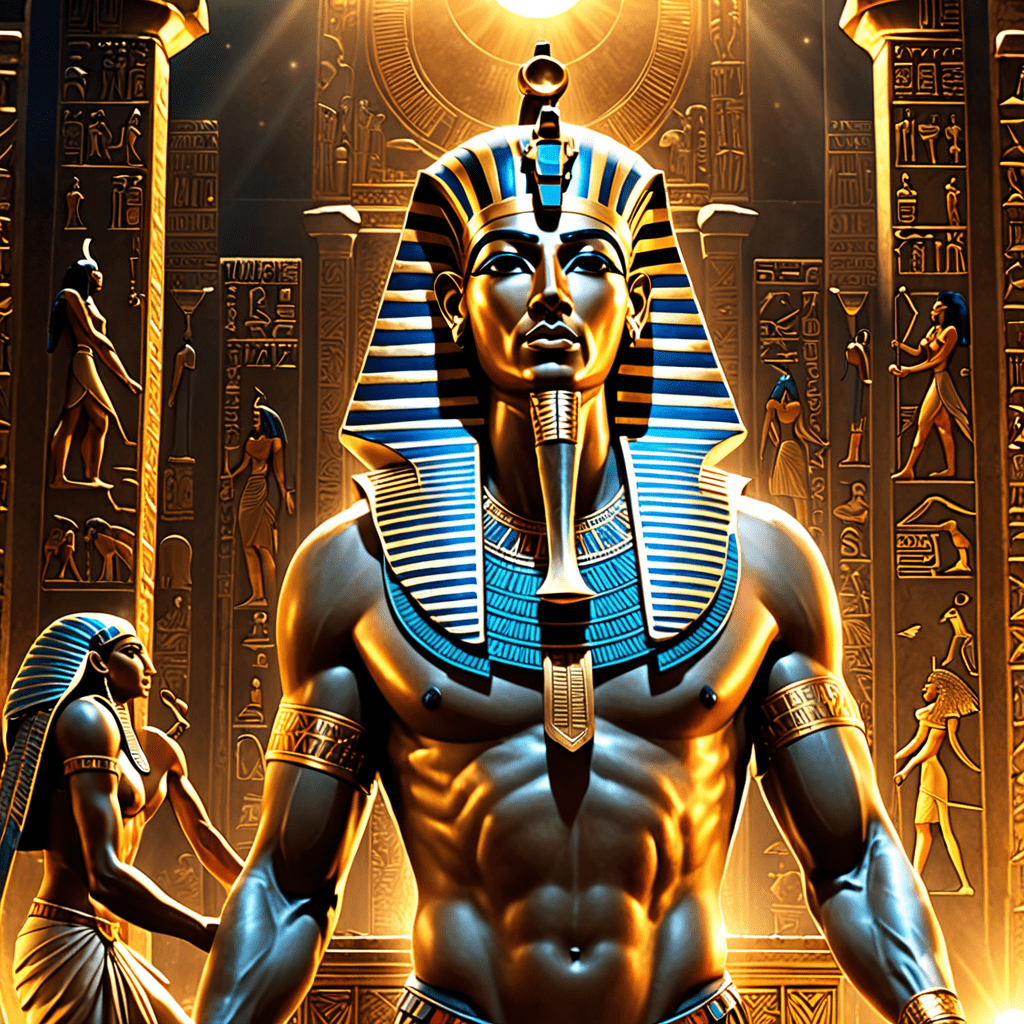The Influence of Norse Mythology on Norse Traditions and Customs
Exploring the Roots of Norse Traditions
Norse mythology, with its rich tapestry of gods, giants, and fantastical realms, has left an indelible mark on the cultural heritage of the Norse people. From the mighty stories of Odin and Thor to the intricate web of life woven by the Norns, these tales have influenced every aspect of Norse life, including traditions and customs.
The Role of Mythological Figures in Norse Rituals
In Norse society, mythological figures were not merely characters in stories but revered beings believed to impact daily life. For example, offerings to gods like Frey and Freyja were common in agricultural rituals to ensure good harvests. The concept of Valhalla, the great hall where fallen warriors were welcomed, shaped the Norse view of honor and bravery in battle.
How Norse Mythology Shapes Celebrations and Festivals
Norse mythology infused many seasonal celebrations and festivals with meaning and significance. The festival of Yule, later mirrored in Christmas traditions, honored the winter solstice and the rebirth of the sun. Odin’s role as the god of wisdom and magic influenced practices during midsummer festivities like the bonfires.
Legacy of Norse Mythology in Modern Customs
Even today, the legacy of Norse mythology is palpable in modern Norse customs. Elements like the use of runes for divination, the reverence for nature mirrored in eco-friendly practices, and even expressions like “by Odin’s beard” all hark back to the enduring influence of these ancient stories on the Norse way of life.
Overall, the profound influence of Norse mythology on Norse traditions and customs cannot be overstated. It continues to weave a complex and colorful thread through the cultural fabric of the Norse people, reminding them of their ancient heritage and the enduring power of myth and legend.
FAQ about the Influence of Norse Mythology on Norse Traditions and Customs
What is Norse Mythology?
Norse mythology refers to the stories, beliefs, and legends of the pre-Christian Norse people. It includes tales of gods, goddesses, giants, and legendary creatures like Odin, Thor, Loki, and Freyja.
How did Norse Mythology influence Norse Traditions?
Norse mythology played a significant role in shaping various aspects of Norse culture, including rituals, art, language, and social structure. Norse traditions often reflected the values and themes found in the mythology.
Which Norse Customs were influenced by Norse Mythology?
Norse customs such as funerary rites, seasonal celebrations like Yule, and beliefs in protective amulets like Thor’s hammer (Mjöllnir) were influenced by the mythology. These customs reinforced the connection between the Norse people and their mythical beliefs.
Can you give an example of how Norse Mythology influenced Norse Traditions?
One prominent example is the Viking funeral ritual, where the deceased was often cremated along with grave goods to accompany them in the afterlife, similar to the beliefs of Valhalla in Norse mythology where fallen warriors were taken by the Valkyries.
How is Norse Mythology still evident in modern Scandinavian culture?
Even today, Norse mythology continues to




